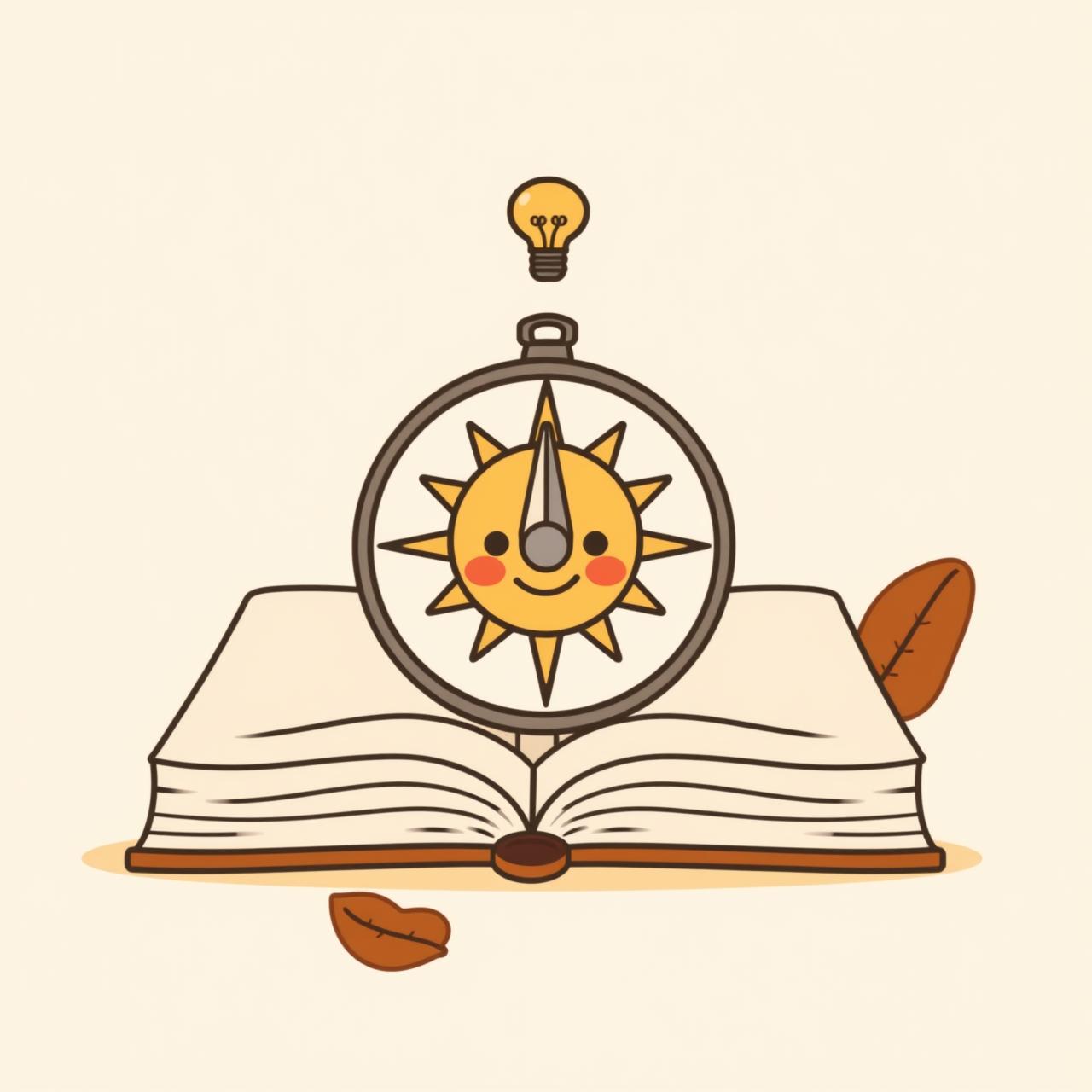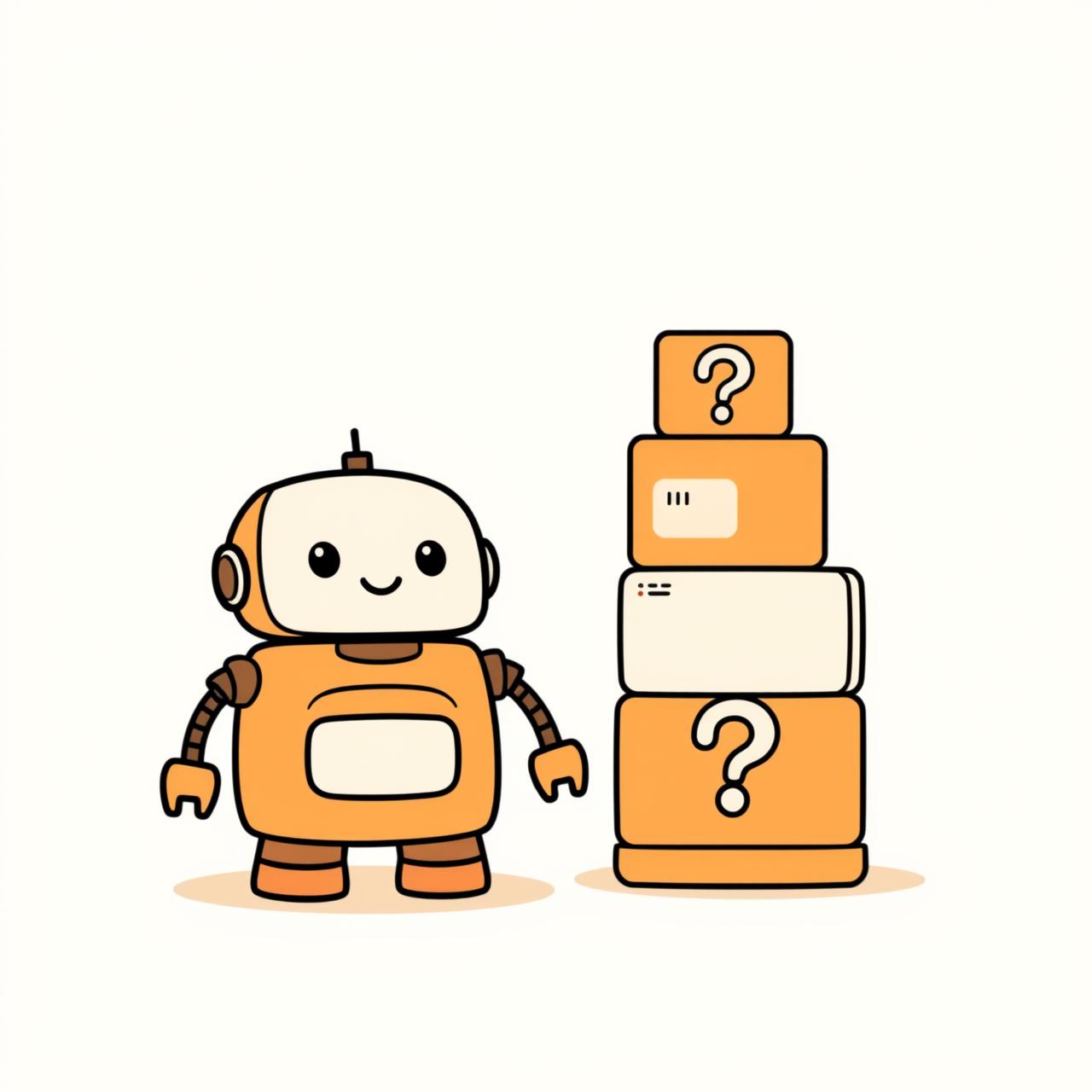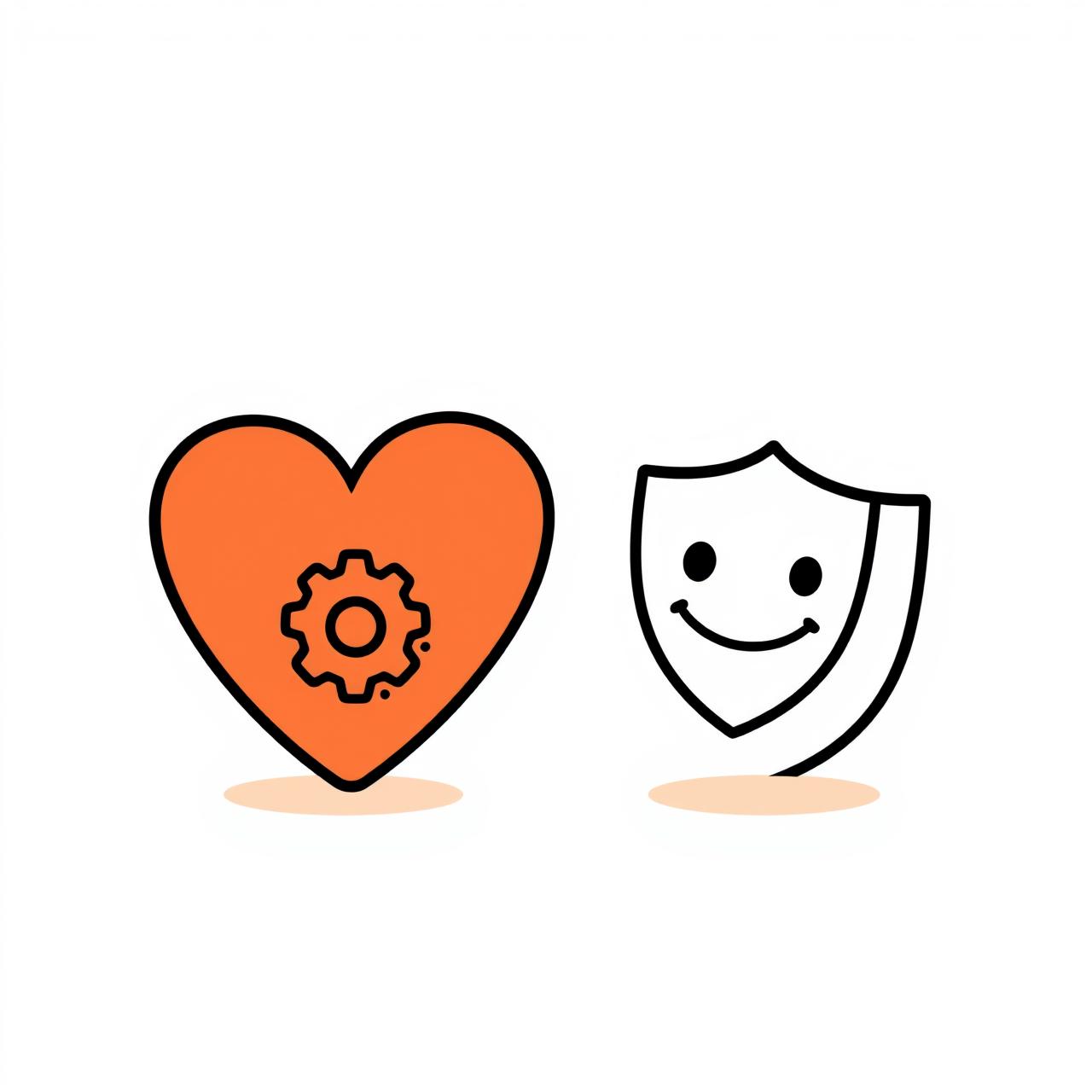
Growth Happens When We Build, Not Just Browse
A Google engineer landed his dream job just two years ago. Now, he’s navigating a world where AI reshapes code daily—building ‘search’ features that think, not just match keywords. Funny how that mirrors our kitchen-table moments: when kids ask Siri for dinosaur facts, they’re already swimming in this sea. As parents, we’re not raising future coders. We’re raising humans who’ll steer these tools. What if today’s tech whirlwind actually gifts us a simpler compass?
When AI Became the Playground Pal: How Does It Shape Parenting?

Building on that idea, Harsh Varshney noticed it first-hand: AI zoomed from niche specialty to engineers’ daily co-pilot overnight. Building smart features now means understanding needs, not just writing functions. It’s like watching kids with talking toys—they’ll boldly command, ‘Tell me a story with dragons!’ without knowing how the magic happens. But here’s what sticks with me: the most joyful moments aren’t when the tool works perfectly, but when kids lean in, whispering, ‘What if we tweaked this?’ That spark—curiosity outpacing the tool—is timeless. Here’s why research backs this up: MIT Sloan found AI lifts junior folks most, much like training wheels boost confidence before the real ride begins. Tools serve us best when we remember they’re sidekicks, not the hero. Parenting in the digital age means fostering that curiosity—how can we use tech to spark more ‘what if’ moments?
Guardrails Grow Grit (Not Just Code): What Can Parents Learn?
This connects to a bigger picture: McKinsey’s data sings—AI can slash coding time by over half, fueling joy and flow. But here’s the quiet truth: their research shows this only sticks with thoughtful guardrails. Sounds familiar? Like when your child’s tablet game suggests ‘Watch one more video!’—it’s tempting to click ‘yes.’ Yet, we gently say, ‘Let’s build a fort first.’ Real magic happens in the balance. MIT studies warn that without quality checks, AI tools risk messy outcomes—like cookie-dough sculptures collapsing if we skip measuring flour. What if we treated tech that way at home? Not as a chore to police, but as a shared project: ‘How might we use this tablet to sketch our garden adventures?’ Guardrails become launchpads for creation when woven with trust. Parenting tips: set limits that encourage creativity, not restriction.
Wobbly Towers > Perfect Towers: Why Embrace Messy Learning?
Harsh’s best advice? ‘Don’t just learn; build and launch.’ To parents, that translates: ditch picture-perfect screen time. Invite messy experiments—like blending tech with traditional storytelling during family game night. Remember how kids giggle when their block tower sways? Those wobbles teach more than any polished app. Studies confirm scaled AI success needs investment in review processes (MIT Tech Review reminds us only 12% of companies see real ROI from rushing in). Similarly, when kids ‘fail’—spilling paint or misdirecting a robot toy—they’re not wasting time. They’re calibrating their inner compass. Next time boredom strikes, why not challenge them: ‘Can we redesign this cardboard box into a spaceship that ‘lands’ on the couch?’ The goal isn’t polish. It’s the pride in saying, ‘Look what I made!’ That resilience outlasts any trend. Parenting resilience starts with embracing imperfection.
Kindness Is the Ultimate Debug: How to Teach Empathy with Tech?

Harsh stresses fairness and security as non-negotiables in AI systems. And honestly? We’re having the same chats at bedtime. ‘Is it kind to post that photo?’ ‘How do we keep secrets safe?’ Tech doesn’t change our core job: raising empathetic humans. Think of it like sharing meals—no matter the gadget on the table, what matters are the stories exchanged. When kids debate ‘Is Alexa judging me?’ during a family game night, that’s not confusion. It’s critical thinking blooming. Let’s lean into those moments with warmth: ‘You know, good tools—like good friends—ask, ‘How can I help?’ not ‘What can I take?’’ That’s how we code character, not just commands. Parenting in the tech era means weaving kindness into every interaction.
Source: I got a job at Google 2 years ago. Here’s what’s changed and my advice for new engineers entering Big Tech., Business Insider, 2025/09/02 09:11:01
